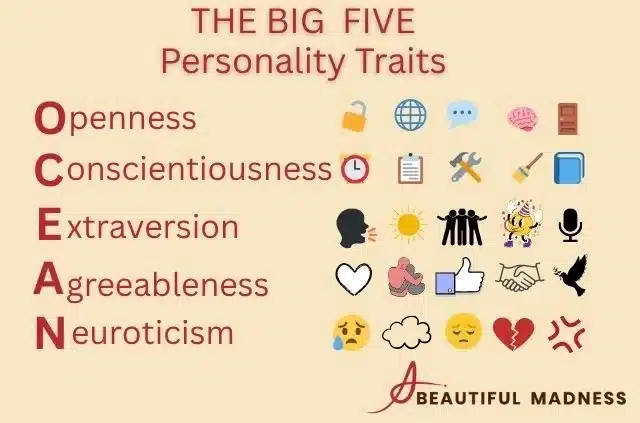Responsibility is a multifaceted concept that permeates various aspects of our daily lives. By examining gym attendance, anger management, and custody laws, we gain a comprehensive understanding of how responsibility impacts our decisions and interactions. Each of these areas offers unique insights into the importance of accountability and the consequences of neglecting one’s duties. Our lifestyle choices reflect not only our commitments but also affect those around us, making it imperative to navigate these responsibilities appropriately.
Gym Membership Dilemmas
Many individuals sign up for gym memberships with the best intentions but fail to follow through. Popular statistics reveal that 67% of people with gym memberships never step foot inside the facility. This disparity between intention and action highlights a broader issue regarding self-discipline and responsibility. Joining a gym is not merely a financial commitment but a promise to oneself concerning health and well-being. A lifestyle choice like this demands not only an initial interest but also consistent effort to maintain physical fitness.
When people neglect their gym visits, they often face repercussions in their overall health and fitness levels. The act of prioritizing gym attendance can teach valuable lessons about setting goals and sticking to them. Achieving consistency in this area can positively influence other parts of an individual’s life, as it fosters a sense of ownership over one’s physical and mental health. Establishing a regular gym routine requires a conscious choice to adopt a healthier lifestyle.
Addressing Anger Management
Anger management is another critical area where responsibility plays a significant role. While everyone experiences anger, failing to manage this emotion properly can lead to serious life complications. Studies indicate that 8% of people with moderate anger issues might develop substantial difficulties if these issues remain unchecked. Taking responsibility for one’s emotional health is a crucial step toward preventing personal and relational turmoil. Proper anger management involves understanding triggers and actively seeking constructive methods to handle these feelings.
Those who work on improving their anger management skills often see positive effects in their personal relationships and professional interactions. By choosing healthy coping mechanisms, individuals learn to communicate more effectively and avoid destructive behavior. The skill of managing anger is an ongoing journey that underscores the broader concept of taking responsibility for one’s emotional state. Encouraging a lifestyle of self-awareness and emotional regulation can lead to more harmonious relationships. It can also foster a more peaceful society as individuals learn to process their emotions responsibly.
Custody Laws and Responsibility
Custody laws provide yet another dimension to the theme of responsibility, focusing primarily on the welfare of children. In Florida, judges typically consider the custody preferences of children aged 12 years or older, emphasizing the importance of the child’s voice. This aspect of custody laws highlights the responsibility parents bear in ensuring their children’s desires and best interests are prioritized. Thoughtful and responsible custody arrangements can significantly impact a child’s development and future relationships.
Understanding custody laws requires parents to take an active interest in their children’s emotional and psychological well-being. Navigating these legal frameworks can be challenging, calling for responsible decision-making that centers on the child’s stability and happiness. By promoting responsible co-parenting, individuals can create a supportive environment for children to thrive. This responsibility extends beyond legal obligations, reflecting a deep commitment to nurturing a child’s growth. Children benefit immensely from the security of knowing their needs are considered in custody matters.
The exploration of gym attendance, anger management, and custody laws demonstrates the critical role responsibility plays in various aspects of life. By understanding and embracing our responsibilities, we pave the way for healthier personal and social outcomes. Whether it is the commitment to personal fitness, emotional regulation, or parenting duties, responsibility remains a fundamental component of a productive and harmonious lifestyle. As individuals adopt a more responsible approach to these aspects, they enrich not only their lives but also the lives of those around them. In doing so, society as a whole stands to benefit from this collective commitment to responsibility.



